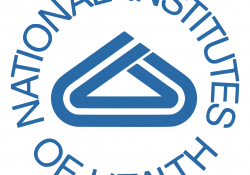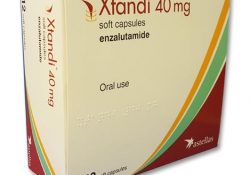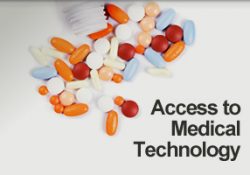The National Institutes of Health, from 2011 through May of 2015, appears to have granted all requests for waivers of a requirement under federal law that patent holders who benefit from U.S. taxpayer-funding ensure that their patented inventions are manufactured in the United States.
The Bayh-Dole Act imposes various requirements on the grant of exclusive licenses by the patent holders of federally-funded inventions. In particular, the act generally requires that exclusive licensees “substantially” manufacture the invention in the United States.
The Act, however, also allows for the patent holder to obtain a waiver on the U.S. manufacturing requirement from the Federal agency that provided for the funding of the invention. According to a FOIA response recently obtained by Knowledge Ecology International, the NIH seems to grant every manufacturing waiver request that comes its way. Continue Reading →
On August 5, 2016, KEI received a response from the Department of the Army to KEI and UACT’s January 14, 2016 request that the Army and the National Institutes of Health (NIH) exercise the governments’ rights in the patents for… Continue Reading →
National Institutes of Health Declines to Exercise Authority to Lower Xtandi Price
The National Institutes of Health will not use its rights under the Bayh-Dole Act to end the monopoly on the expensive prostate cancer drug Xtandi and allow low-priced generic versions to compete on the market.
Continue Reading →
(More on government funded inventions here. Other KEI comments on NIH licenses are found here.) May 16th, 2016 Sally Hu, Ph.D., M.B.A., Senior Licensing and Patenting Manager, Office of Technology Transfer and Innovation Access, National Institute of Dental and Craniofacial… Continue Reading →
For more information on the 2021-2022 Xtandi request please visit: https://www.keionline.org/xtandi2021 (More on government funded inventions here.) On January 14, 2016, Knowledge Ecology International (KEI) and the Union for Affordable Cancer Treatment (UACT) submitted a request to the National Institutes… Continue Reading →
Today Knowledge Ecology International and the Union for Affordable Cancer Treatment (UACT) petitioned the Department of Health and Human Services, the Department of Defense, and the National Institutes of Health, asking that they exercise either their royalty-free, non-exclusive license or federal “march-in” rights to end the monopoly on an expensive prostate cancer drug, enzalutamide, marketed as Xtandi by Astellas, a Japanese pharmaceutical company.
Xtandi was invented at UCLA on federal grants from the NIH and DoD.
Continue Reading →
For background on the Fabrazyme case, see: https://www.keionline.org/fabrazyme
The following statements were made today by civil society on the NIH rejection of the Fabrazyme March-in Request Petition. Contact Judit Rius at judit.rius@keionline.org if your organization would like to submit an statement.
Statement by James Love, Director of Knowledge Ecology International (KEI) (Contact: 1.202.361.3040)
Continue Reading →
On September 3, 1999, Ralph Nader, James Love and Robert Weisman wrote to Dr. Harold Varmus, then the Director of the NIH, proposing the NIH enter into an agreement with the World Health Organization (WHO), giving the WHO the right… Continue Reading →
Ralph Nader P.O. Box 19312, Washington, DC 20036 James Love Consumer Project on Technology P.O. Box 19367, Washington, DC 20036 http://www.cptech.org Robert Weissman Essential Action P.O. Box 19405, Washington, DC 20036 http://www.essentialaction.org/ September 3, 1999 Dr. Harold E. Varmus Building… Continue Reading →
Comments Presented to the Second NIH CRADA Forum September 8, 1994 James Love Director, Taxpayer Assets Project P.O. Box 19367, Washington, DC 20036 I. Introduction My name is James Love. I work for the Center for Study of Responsive Law,… Continue Reading →


